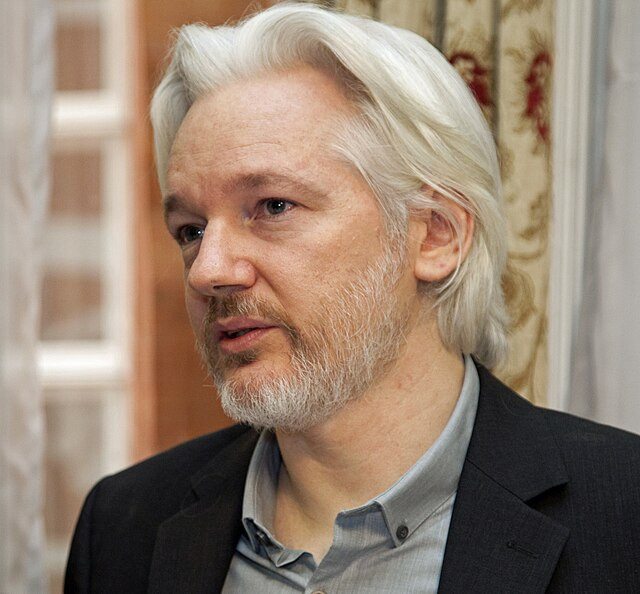Julian Assange, the controversial founder of WikiLeaks, made a poignant return to the public eye on Tuesday, addressing European lawmakers in Strasbourg for the first time since his release from prison. His remarks were striking, as he expressed that he "chose freedom over an unrealisable justice" by agreeing to a plea deal that allowed him to leave behind years of incarceration.
In a speech before the Parliamentary Assembly of the Council of Europe, Assange described his plea to U.S. espionage charges as a painful but necessary decision. "I am free today after years of incarceration because I pleaded guilty to journalism," he stated, asserting that his actions aimed at informing the public should not have been criminalized. The hearing, which was broadcast live, attracted significant attention as Assange's case raises critical questions about press freedom and the treatment of whistleblowers.
Assange's journey to freedom began after he spent five years in the high-security Belmarsh prison in London, where he fought extradition to the United States. In June, he was released under a plea agreement that involved admitting guilt to conspiring to obtain and disclose classified U.S. documents. This agreement was not without controversy, as it made him the first journalist to be prosecuted under the U.S. Espionage Act. "I pled guilty to seeking information from a source, obtaining information from a source, and informing the public what that information was," Assange clarified, distancing himself from broader accusations.
The plea deal concluded a 14-year legal battle that started with accusations in Sweden that were later dropped, leading Assange to seek refuge in the Ecuadorian embassy in London for seven years. Now back in Australia, Assange remarked on the psychological toll of his experiences, saying, "The experience of isolation for years in a small cell is difficult to convey. It strips away one's sense of self, leaving only the raw essence of existence."
His wife, Stella Assange, who sat beside him during the session, emphasized the toll that incarceration has taken on her husband's health. "He is still very much in the process of recovering," she told reporters, highlighting the emotional and physical challenges Assange faces as he reintegrates into society after years of confinement.
Assange's situation has ignited discussions around the implications of his plea deal. Critics argue that it sets a dangerous precedent for journalistic freedom, potentially allowing governments to target journalists for reporting on sensitive information. "You need to take away that dagger. It has now been bloodied once," said Kristinn Hrafnsson, WikiLeaks' editor-in-chief, who accompanied Assange to the hearing. "If there is no reaction and no political desire to take that weapon out of any politician's hand, it will be used again."
Despite his recent legal troubles, Assange expressed a desire to continue advocating for press freedom and whistleblower protections. He noted that the plea agreement included stipulations that would prevent him from seeking justice regarding his treatment while incarcerated, which he described as a significant limitation. "There will never be a hearing into what happened," he lamented, indicating that the legal ramifications of his situation extend beyond his own freedom.
Looking to the future, Assange described his return to normal life as fraught with challenges, from learning to be a father to two children who have grown up without him to adjusting to the realities of married life. "Becoming a husband again, including with a mother-in-law, has its tricky things," he quipped, prompting laughter from the audience and momentarily lightening the somber atmosphere.
As Assange begins to navigate his post-incarceration life, discussions about a potential U.S. presidential pardon remain ongoing. His legal team is actively campaigning for this reprieve, viewing it as essential to protect not only Assange's legacy but also the broader implications for journalistic integrity and freedom.





